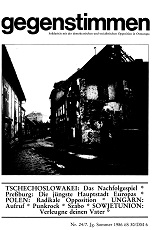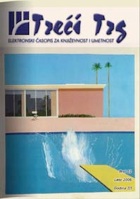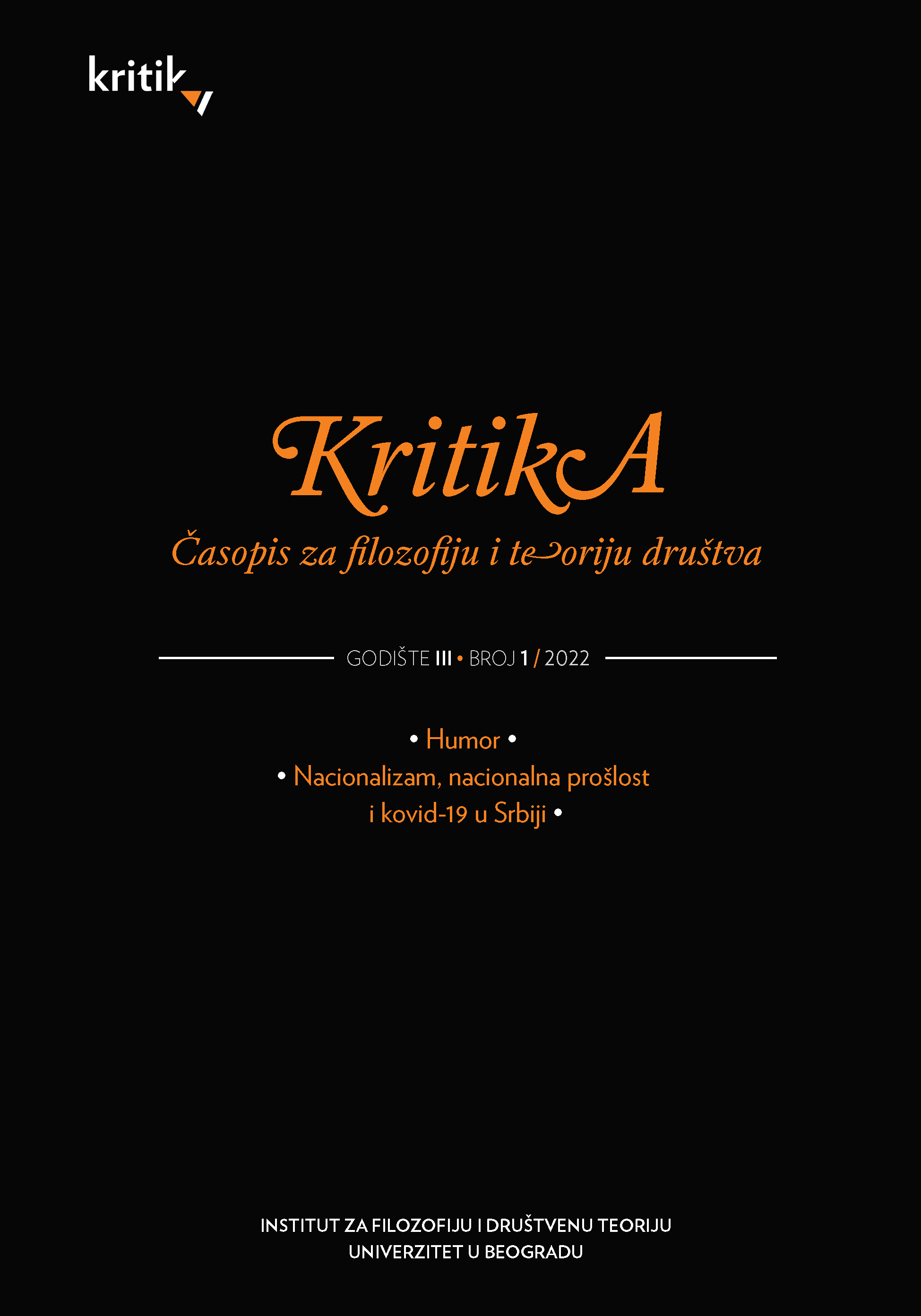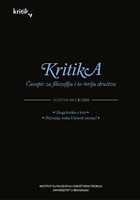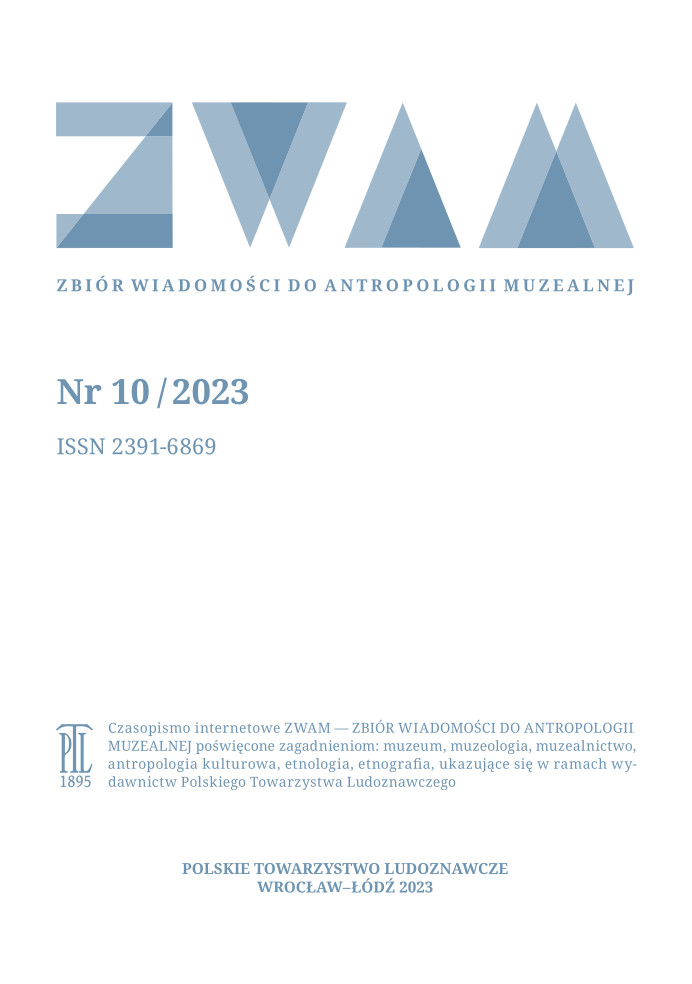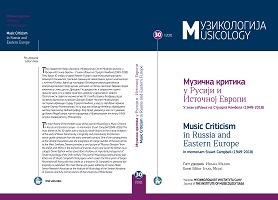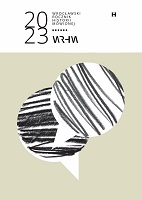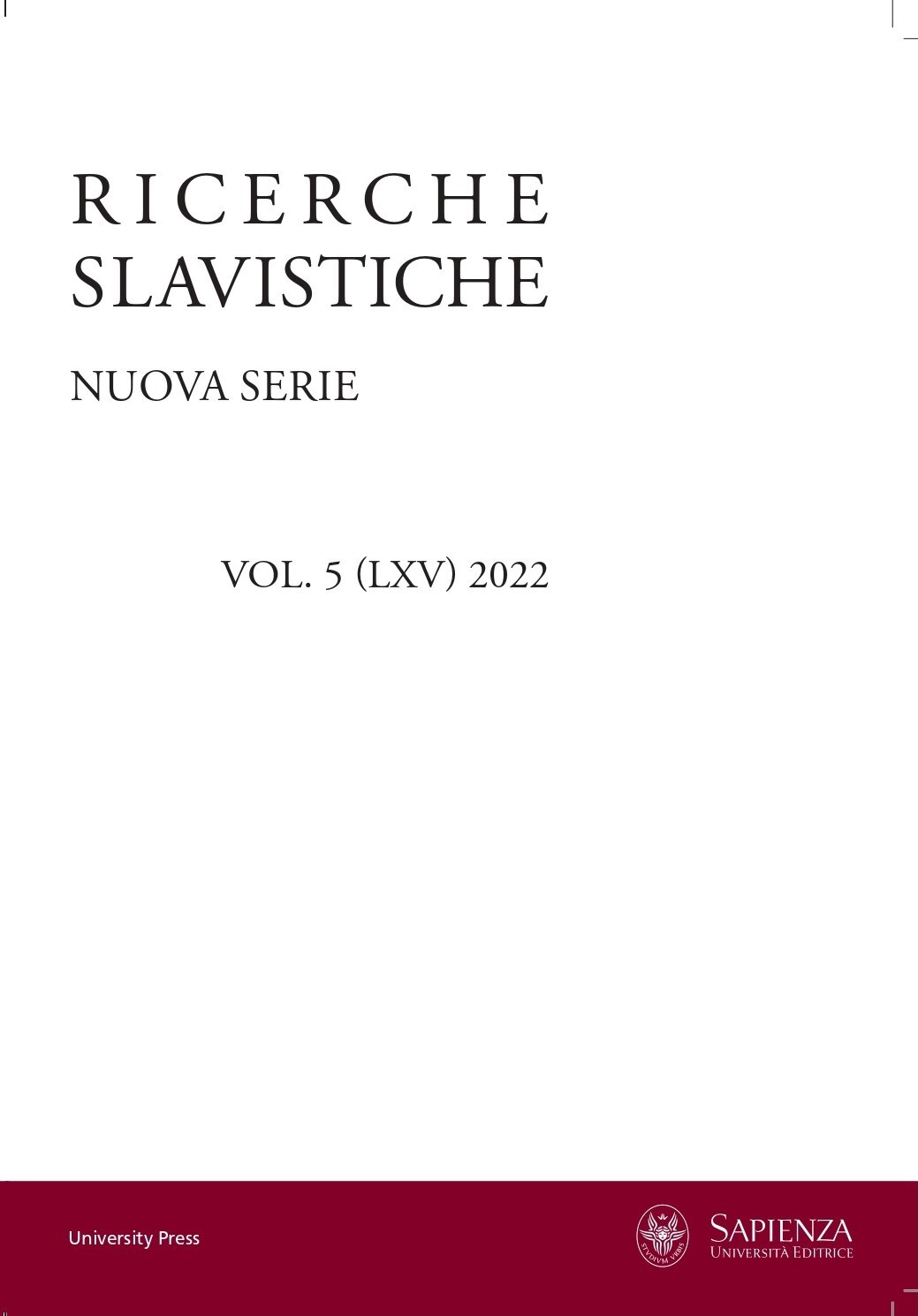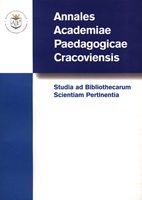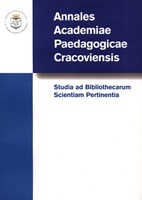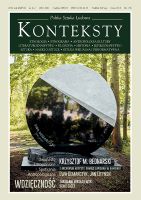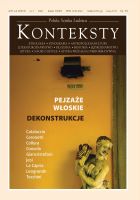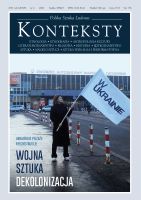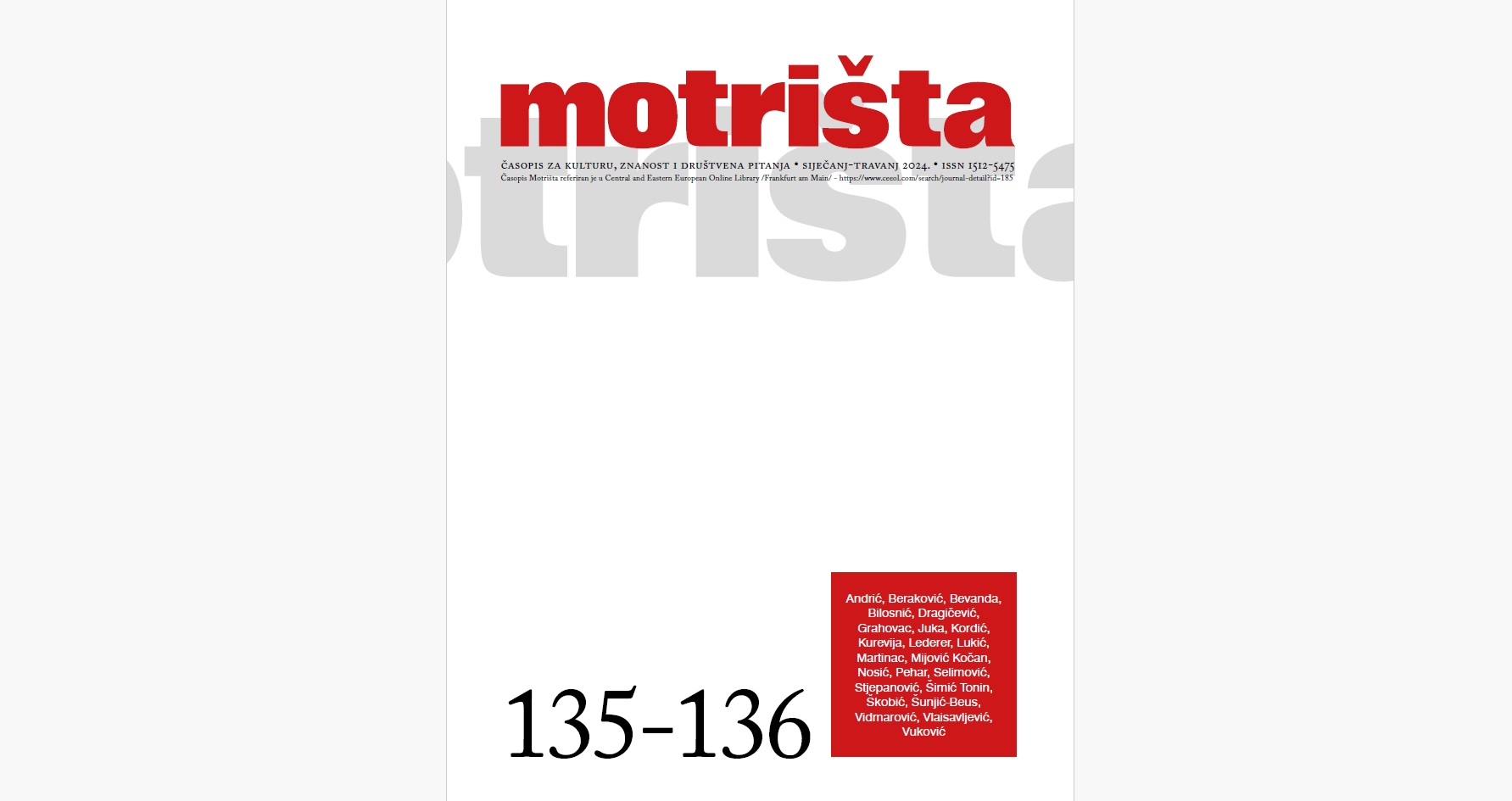Author(s): Serhij Zhadan / Language(s): Polish
Issue: 1-2/2023
A third essay about Bruno Schulz by the Ukrainian poet and writer Serhiy Zhadan published in “Konteksty”. The first essay: Drohobycz i okolice, is an introduction to Drohobycz, Zhadan’s volume of poems translated by Jacek Podsiadło and published in “Konteksty. Planeta Schulz”, no. 1–2/2019. Upon the basis of this essay and poems from the Drohobycz volume the same issue of “Konteksty” presented Wiera Meniok’s essay: Zmierzch u Schulza i jego (Schulza) cień u Żadana. A fragment of Zhadan’s essay: Drohobycz i okolice ends the article by Janusz R. Kowalczyk about Schulz’s Sklepy cynamonowe on the website Culture.pl: “What do I know about this town? It is the town that Bruno Schulz wrote about and regardless how many times I come here, how many interesting and uncanny occurrences I saw, felt, and experienced I always decipher this town with the letters of cinnamon shops and strange, chimeric sentences with which Schulz built his world”. The second Zhadan essay: Schulz: widzenia i echa was presented by the poet on November 15, 2020 at an opening of the IX International Bruno Schulz Festival in Drohobych, and subsequently published in a version translated by Wiera Meniok in “Konteksty” no. 4/2021; the same issue of “Kon- teksty” included Meniok’s introduction to the essay: Nie samym światłem żyje Schulz według Żadana. The third essay by Zhadan, published in this issue of “Konteksty”, was presented by the poet in Ukrainian on 12 July, the 130th anniversary of Schulz’s birth, at an opening of the X International Bruno Schulz Festival, held in Drohobych during wartime. This was the first time that Serhiy Zhadan participated in SchulzFest online and spoke from Kharkiv, his hometown, which he incessantly shields along the cultural frontline, thus helping the defenders of Ukraine. An air raid alarm heard by participants and guests of the X SchulzFest gathered in the Drohobych theatre was called off before the appearance of the author. Words of a poet are capable of silencing an alarm siren, imagination is capable of overcoming awe. Upon the 130th anniversary of Schulz’s birth a Ukrainian poet, whose voice is today the most recognizable in Ukraine, said: “Schulz, shot in the very centre of a town which he so profoundly and consistently transformed in his texts, drawings, and visions, simply and trivially shot with no mysteries and visions, […] a combination of deadly logic and some sort of special injustice, enrooted in the very nature of evil. On the one hand – one of the innumerable slain Jews of Drohobych, with whose deaths the entire cosmos faded out, history collapsed, and speech ceased. On the other hand – a great genius, whose death caused the possibility of a further creation of wonderful and unique worlds, invisible to others and heard only by him, to vanish”. We publish Bohdan Zadura’s translation of the essay: Artysta w czasach wojny – Schulz utracony i ocalony (Artist in Wartime – Schulz Lost and Salvaged) by Serhiy Zhadan.
More...


